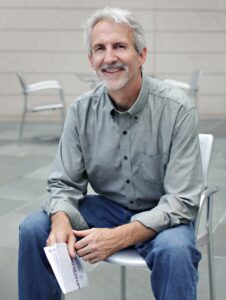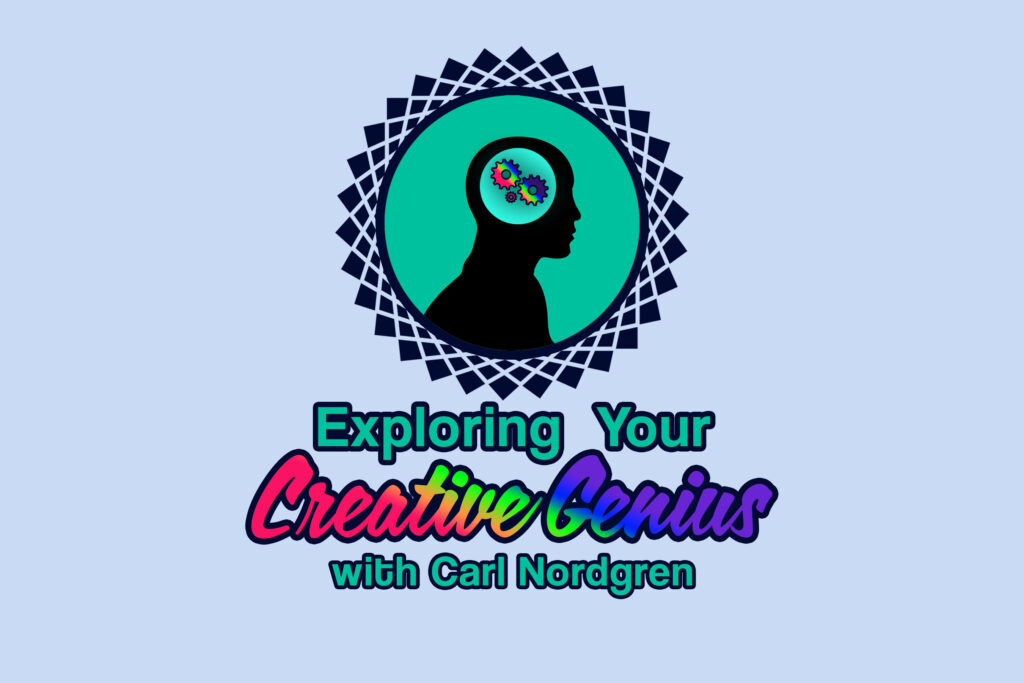Exploring Your Creative Genius: Episode 54
In the most recent episode I focused us on how language emerged from the natural world and how, when we listen for it, we can still hear the wonderfully natural sounds our words can make. Here are some follow up thoughts for you.
We learn our native language not mentally, but bodily. Children learning to speak don’t study sentence structure nor do they memorize a dictionary definition. They learn language creatively, building on sounds and gestures as they make their way to understanding.
When faced with an angry gesture I don’t need, in order to understand it, to mentally recall what I meant to communicate when I used that gesture. I see the natural expression as anger itself. The meaning is inseparable from the sound and the shape and the rhythm of the angry words it’s likely the gestures themselves were the first efforts to communicate that emotion.
The French philosopher Peter Hadreas sampled words for ‘sea’ and ‘ground or earth’ in 15 European and Asian languages, still in use. He found that the words for sea consistently began with a soft and flowing consonant, one where the air is shaped by the vocal organs without being obstructed by them. Examples are n, m, z, s, f, h. That begins to capture how we would have experienced water, as a flowing, soft, malleable.
And words for earth began with hard abrupt consonants, where there is a momentary stoppage of airflow that results in an explosive release. Letters include t, b, d, p, k, g. That emerges from our experience walking on the hard ground.
Here’s some of those words:
French, Italian, and Spanish words for sea are mer, mare, and mer. Their words for earth are terre, terra, tierra.
In Russian, sea is more, earth is potshva.
In Japanese, sea is umi, earth is dai chi.
Chinese, sea is hoi, earth is tati.
A great creative win for you: walk (you become more creative when you do) in nature and listen. Listen to the birds calling each other and find the meaning they are conveying as the build or extend their partner’s song. Is there a creek nearby? Listen to the water flowing and try to imagine a sound you can make that would communicate how you feel in that moment.
 “Exploring Your Creative Genius” takes an expansive view on what it means to be creative and entrepreneurial in an ongoing conversation led by Carl Nordgren — entrepreneur, novelist, and lifelong student with decades of experience growing his own creative capacity and assisting others to do the same in exciting new ways!
“Exploring Your Creative Genius” takes an expansive view on what it means to be creative and entrepreneurial in an ongoing conversation led by Carl Nordgren — entrepreneur, novelist, and lifelong student with decades of experience growing his own creative capacity and assisting others to do the same in exciting new ways!
Chapelboro.com does not charge subscription fees, and you can directly support our efforts in local journalism here. Want more of what you see on Chapelboro? Let us bring free local news and community information to you by signing up for our biweekly newsletter.



